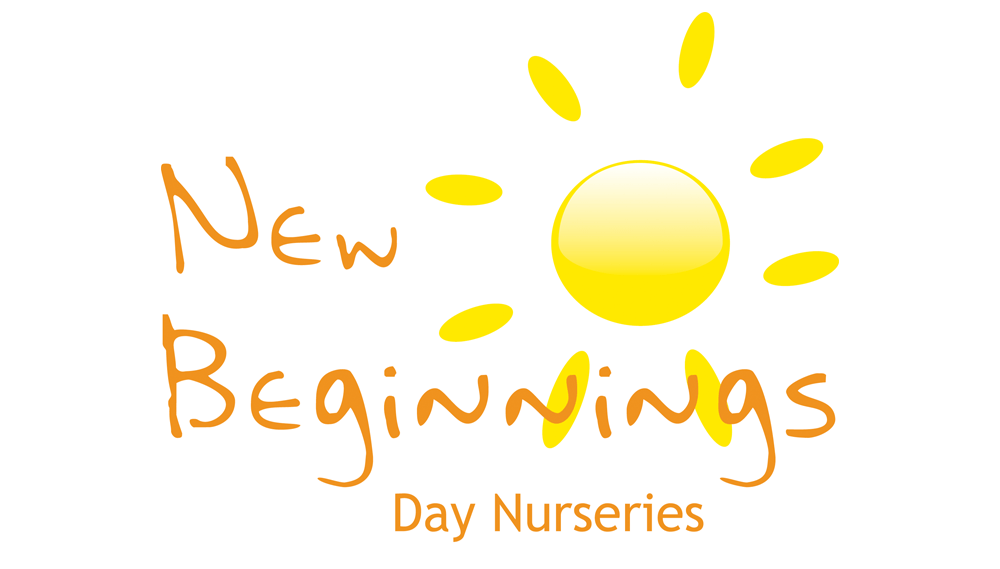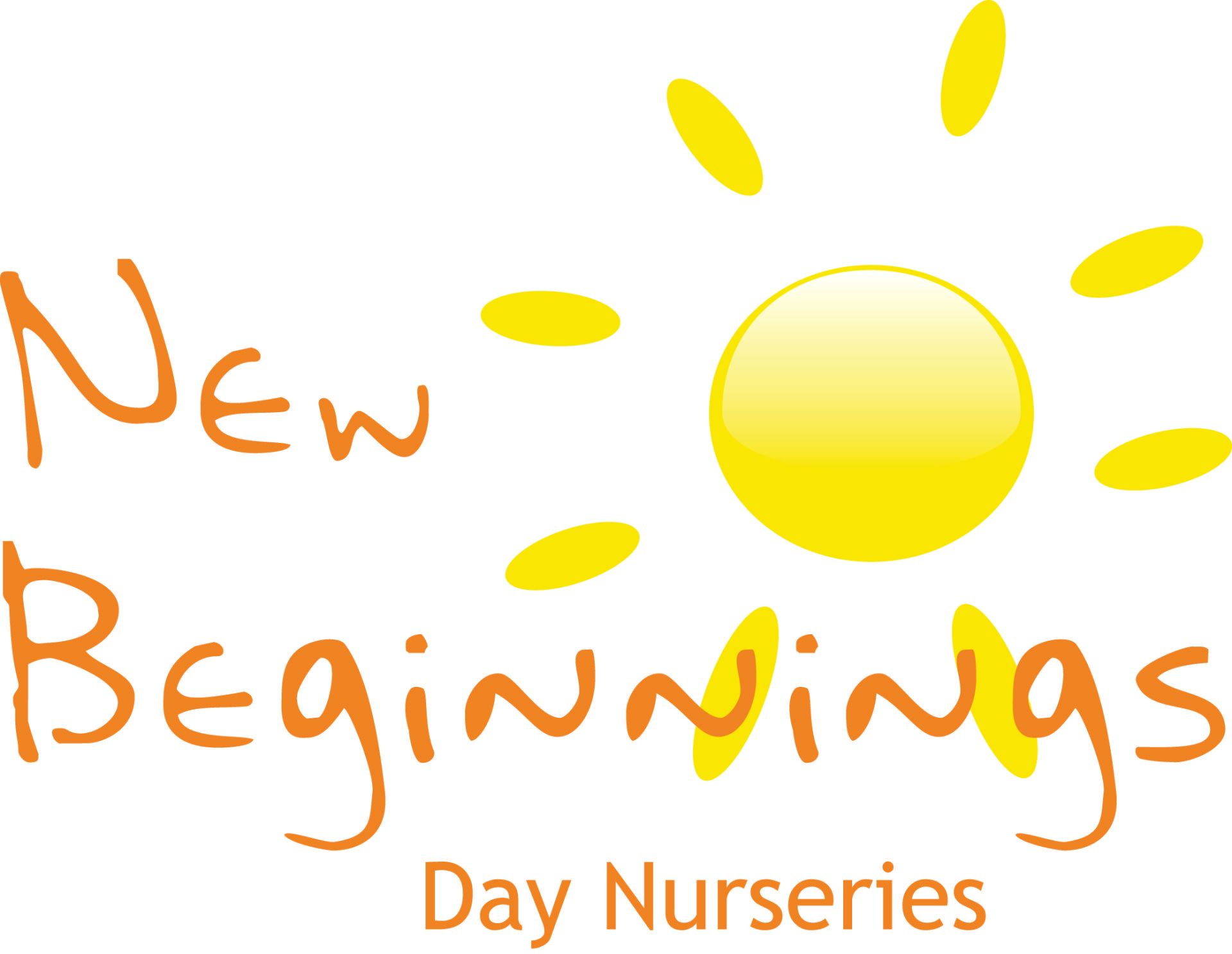Safeguarding is Everyone's Responsibility
What is Safeguarding and Child protection ?
Safeguarding is the action you take to promote the welfare of children and protect them from harm. Safeguarding means:
- protecting children from abuse and maltreatment
- preventing harm to children's health and development
- providing support to meet children's needs when problems emerge
- ensuring children grow up with safe and effective care, within their family where possible
- taking action to enable all children and young people to have the best outcomes.
Child protection is part of the safeguarding process. It focuses on protecting individual children identified as suffering, or likely to suffer significant harm. This includes child protection procedures detailing how to respond to concerns about a child.
What are the key principles of safeguarding ?
Several key principles underpin safeguarding to ensure the welfare and happiness of children, mainly:
- A child’s needs should be put first — always.
- It's important to help and support children as early as possible before issues escalate and become more damaging.
- Safeguarding is everybody’s responsibility and everyone in the setting should act in a timely and coordinated manner to respond to any concerns about the welfare of a child.
The Early Years Foundation Stage sets the foundation of safeguarding measures for early years providers to follow. They are based on four overarching principles, including:
- Children learn and develop best in an enabling environment
- Children are unique, learn constantly and can become resilient, capable, confident and self-assured
- Children learn and develop best in different ways and at different rates
- Children learn strength and independence from positive relationships.
Find out more about the Safeguarding procedures and policies at your nursery
Safeguarding reforms 2025
September 2025
Changes you need to be aware of:
- Amendments to promote safer recruitment, including requirements to obtain references and for safeguarding policies to include procedures to help ensure that only suitable individuals are recruited.
- Creation of new requirements for providers to follow up if a child is absent for a prolonged period of time and amendments to ensure providers hold additional emergency contact details.
- Creation of new requirements to ensure safer eating.
- Creation of a safeguarding training criteria annex and a requirement for safeguarding policies to include details of how safeguarding training is delivered and how practitioners are supported to put it into place.
- Amendments to ensure that early years students and trainees are required to have paediatric first aid (PFA) training to be included in ratios at the level below their level of study.
- Amendments to ensure that children’s privacy during nappy changing and toileting is considered and balanced with safeguarding considerations.
- A small number of other minor changes to the structure and wording of the safeguarding requirements to improve clarity.




